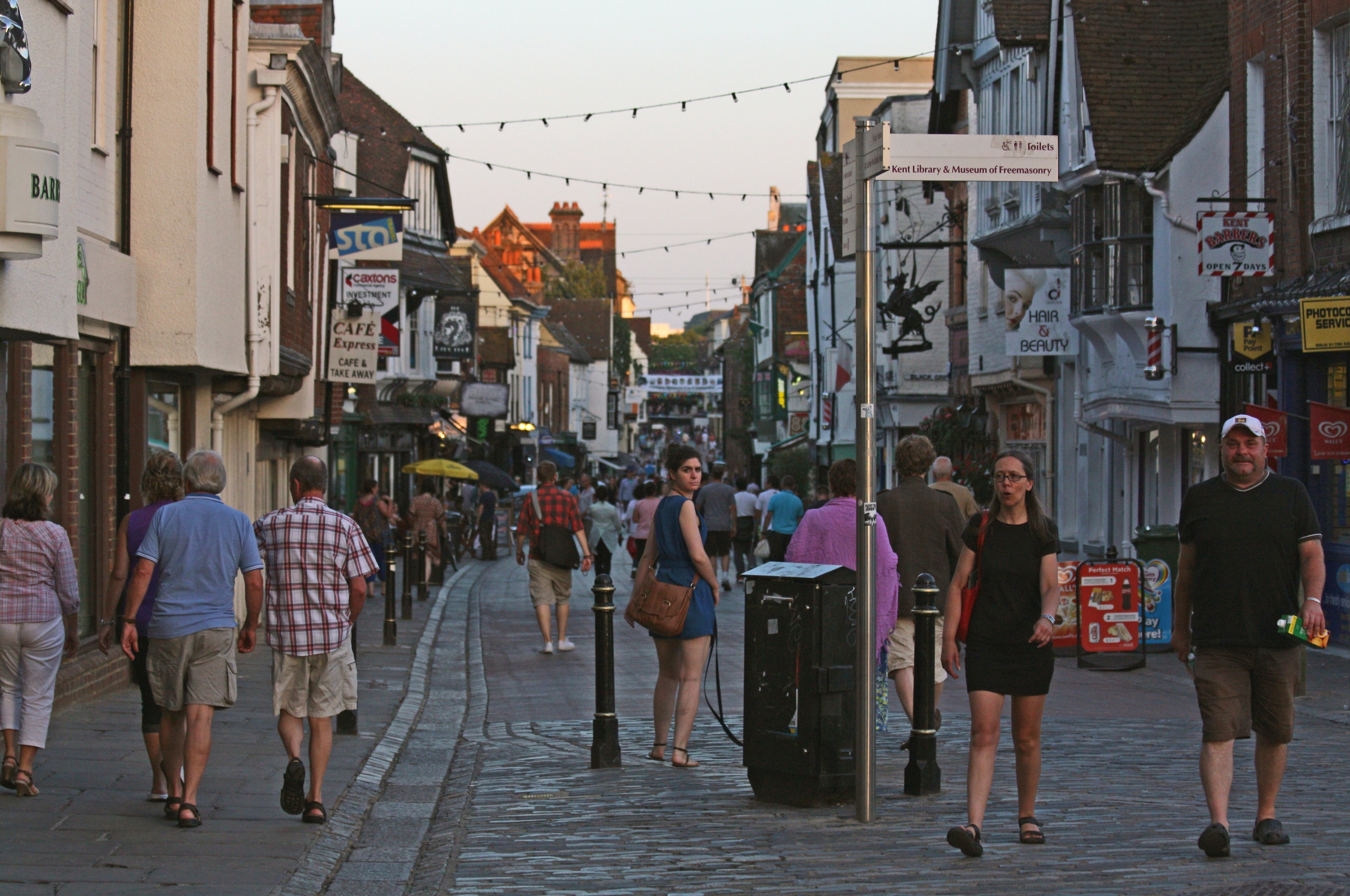
The Case Against New Grammar Schools in England and Wales
A contentious issue since the first utterance of a possible change in the UK’s current grammar schools policy, two students give their reasons why they believe Theresa May’s plan to allow new grammar schools to open in England and Wales is a flawed plan.
George:
If anyone was in any doubt that the subject of grammar schools, and of selective education, remains one of the fiercest ideological battles in modern politics, the last two weeks should have removed that doubt. The subject of selective schooling is back, resurrected by the newly appointed PM and her party’s hard social conservative wing, and shows little sign of disappearing soon.
The argument that grammar schools open doors for bright, working class children, whose life chances are otherwise reduced because their parents can’t afford independent schools, seems on the surface compelling. However, the idea that grammar schools offer opportunities to academic high-achievers that might otherwise have been denied these opportunities doesn’t hold up to criticism, and saying they offer opportunities to children from poorer families is misleading. The overwhelming majority of grammar school attendees, in counties that still allow for selection, are attended by middle-class students, and grammar schools harbour a culture of elitism, nepotism and exclusion that is perpetrated and in parts created by this.
In Kent under three percent of children who attend grammar schools are entitled to free school meals (a scheme whose main beneficiaries are families with an annual income of just over £16,000), compared to more than thirteen percent of children across the state education sector. To make matters worse, just under one in four children who attend grammar school and are entitled to free school meals don’t finish their education there, often choosing to move to state school or to a technical college. The fact that poorer students are leaving grammars despite having passed the eleven plus is truly terrifying and suggests that grammar school culture is deterring these students.
Selection cannot exist in education without class divide, the ability to pass selective tests is most often reliant on a family’s ability to pay for tuition for these tests. A child without preparation for these tests, no matter their intellect, cannot be expected to out-perform children whose parents have spent years preparing them for the same test. The eleven plus allows for state-sponsored two-tier education based on wealth, with grammar schools essentially masquerading as vessels for social-mobility whilst actually hindering it.
Social mobility through education is undoubtedly important, and there’s massive disparity between the career prospects of those who go to private schools and those who attend comprehensive schools, however segregation in state-education is clearly not helping.
Georgia:
Grammar schools across the UK admit secondary school aged pupils who have passed their ‘Eleven-plus’ exam, a test taken at the beginning of Year 6 challenging the children’s numerical and verbal reasoning abilities.
Many critics would argue that grammar schools are not a true representation of the cleverest students in some areas. This can be due to higher income families paying for their children to be tutored for the eleven-plus exam – which, in my hometown, was kept on the down-low.
This month’s proposed change in Government rule by PM Theresa May would allow current schools to become selective grammar schools and a further expansion of faith schools. These new rules would mean reversing the 1998 ban on creating new grammar schools.
Labour leader Jeremy Corbyn opposes this change and is for scrapping selective grammar schools entirely. “In Kent, which has a grammar school system, 27% of the pupils on free school meals get five good GCSEs, compared with 45% in London”. Corbyn also stated that his party is “all for spreading good practice, but why does the Prime Minister want to expand a system that can only let children down?”
The Socialist Educational Association has issued a motion calling on the Labour Party to oppose “any expansion to selective education” and a move to a “genuinely comprehensive and inclusive secondary education system” in “all areas”. To me it looks like Theresa May is going to have a lot of opponents on the opposition benches plus a rumoured 30 of her own Conservative MPs oppose her new plan.
Melissa Benn, Chair of Comprehensive Future, comments that: “where schools select, social segregation and widening gaps in attainment follow, and it is ‘ordinary, working-class people’ who lose out. Asking selective schools to sponsor non-selective schools won’t bridge divides; it will confirm them.”
Enough of these ‘exam factories’ that some students feel focus more on grades and reputation than mental health and poorer families. Instead, the Government should, for once, focus on reforming comprehensive schools.





























Discussions